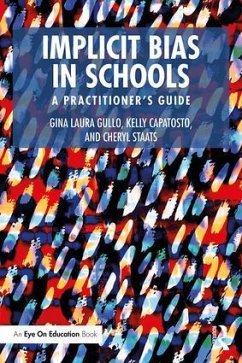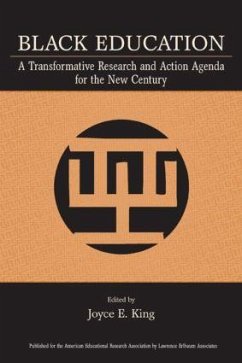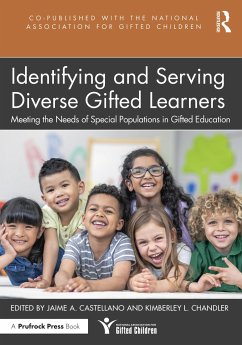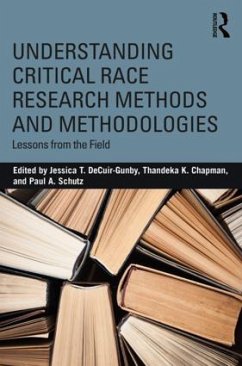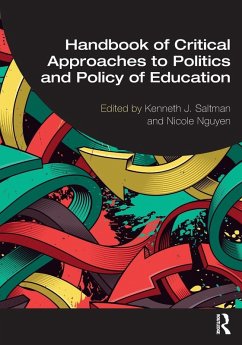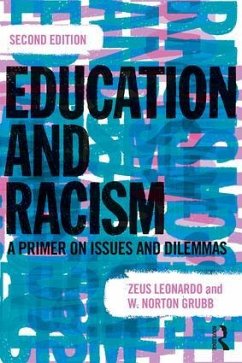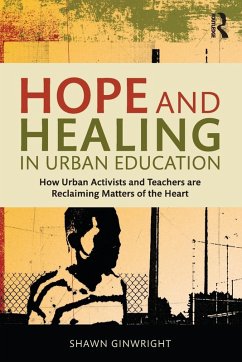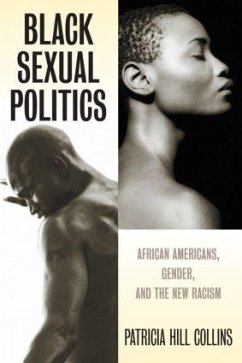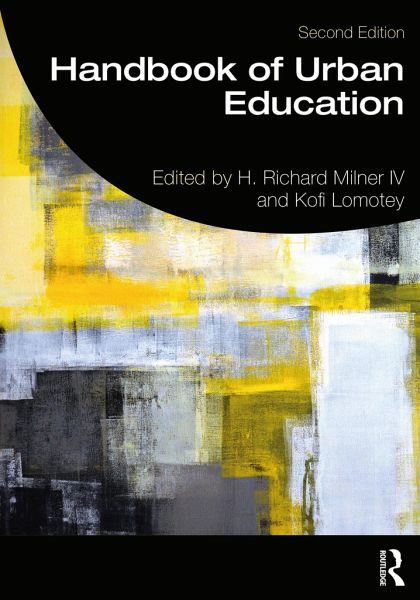
Handbook of Urban Education
Versandkostenfrei!
Versandfertig in 1-2 Wochen
134,99 €
inkl. MwSt.
Weitere Ausgaben:

PAYBACK Punkte
67 °P sammeln!
This second edition offers a fresh, fluid, and diverse range of perspectives from which the authors describe, analyze and offer recommendations for urban education in the U.S. It is a powerful and accessible introduction to the field of urban education for researchers, theorists, policymakers and practitioners.




